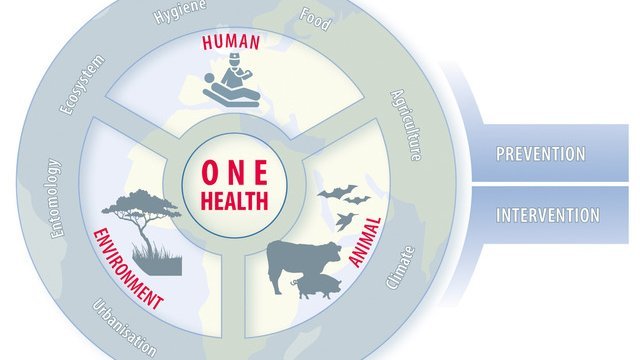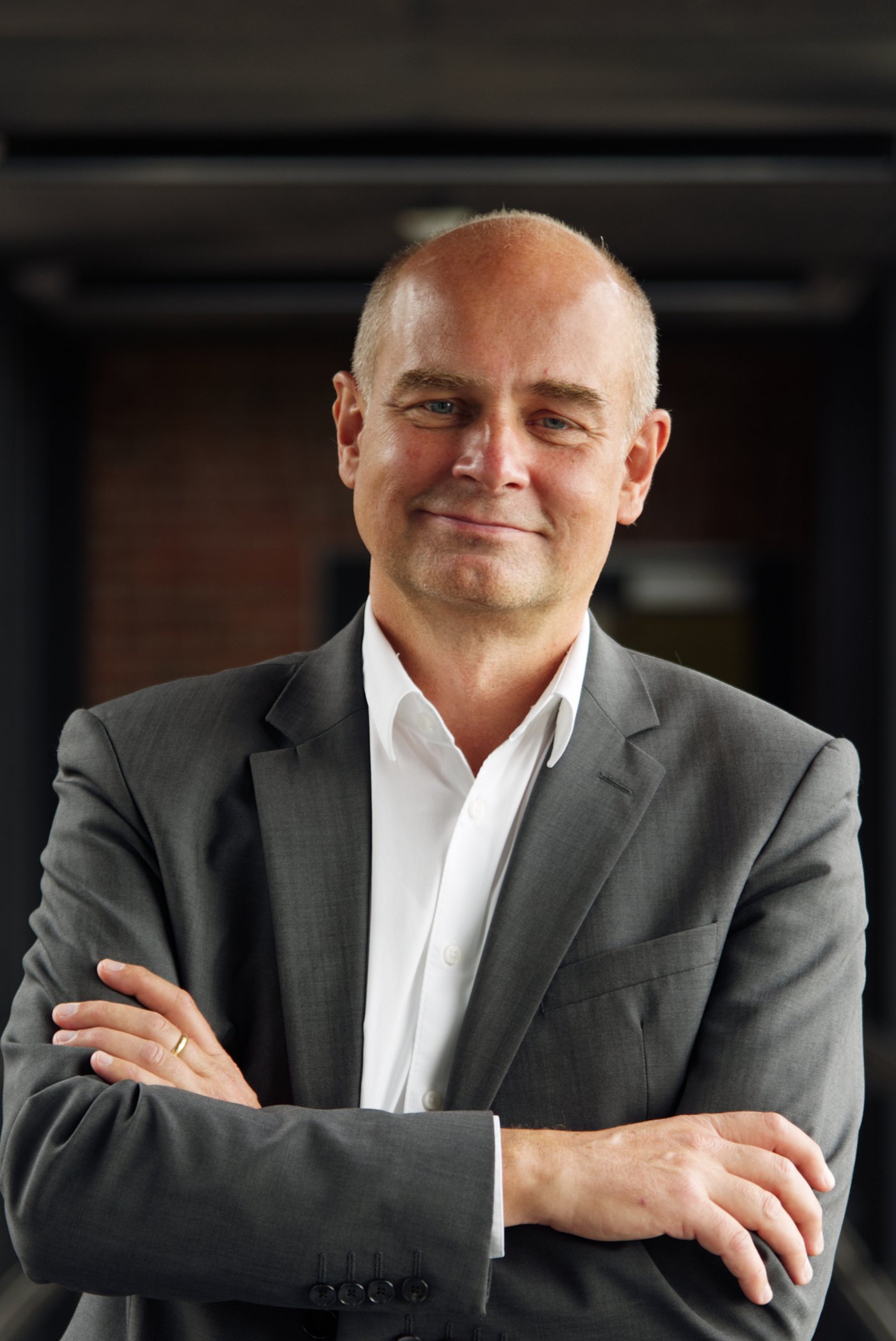Bernhard Nocht Institute for Tropical Medicine intensifies One Health research
Eine ganzheitliche Infektionsforschung betrachtet Mensch, Tier, Lebensräume, Klima- und Umweltbedingungen im Zusammenhang. Das Bernhard-Nocht-Institut für Tropenmedizin (BNITM) verstärkt nun seine disziplinen- und institutionenübergreifenden Kooperationen im Bereich der One-Health-Forschung. Herausragendes Beispiel ist das vom BNITM koordinierte europäische Forschungsprojekt „MOBILISE“. Es ist diese Woche in Tallin/ Estland offiziell gestartet. Zudem richtet das BNITM eine neue Professur für Global One Health und einen interdisziplinären Cluster am Institut ein.

In almost all known epidemics and pandemics, pathogens have jumped from animals to humans and have been adapted to their organisms through evolutionary pressure. As humans penetrate deeper and deeper into natural habitats, the likelihood of such jumps increases. Climate change and increasing global mobility favour that infection vectors such as mosquitoes or ticks invade new regions and subsequently spread pathogens there. This is a global challenge for infection research and health prevention.
In Europe, for example, tropical viruses (arboviruses) transmitted by such vectors are becoming increasingly common. In recent years, there have been outbreaks of Chikungunya fever in the Mediterranean region, and the continuing spread of the Asian tiger mosquito increases the likelihood of dengue fever spreading. The tick-borne Crimean-Congo haemorrhagic fever virus has already successfully established itself in southern Europe. And West Nile virus has been causing annual cases of disease in birds, horses and humans since 2018, mainly in Greece and Romania, but also increasingly in Germany.
An international challenge
When it comes to controlling disease outbreaks and preparing for potential pandemics, it is not only Europe that needs to develop new strategies. Especially in resource-poor countries, there is a need for flexibly deployable laboratories that are able to quickly detect highly infectious pathogens in humans, animals and the environment, even in remote areas. According to the World Health Organisation, a multi-sectoral One Health approach is particularly important for combating zoonoses, where pathogens infect both humans and animals.
The BNITM is now strengthening its One Health activities in several areas. An internationally staffed professorship on "Global One Health" will strengthen One Health research on globally pressing health issues and the improvement of health systems.
"This professorship will link the Institute's excellent research on pathogens and diseases with One Health-led infection control in the countries concerned," says Jürgen May, Chairman of the BNITM Board. "This will create new opportunities to effectively address global infections."

The Institute is already intensively involved in the Leibniz Association's "Infections" research network, in which One Health is an important topic.
This week also saw the official start of the cross-institutional EU research project "MOBILISE: A novel and green mobile One Health laboratory for (re-)emerging infectious disease outbreaks" in Tallinn, Estonia. It is funded with 4 million euros and will be able to analyse human as well as animal and environmental samples in mobile laboratories.

MOBILISE laboratories: Novel, mobile and green
In the coming years, BNITM will work with the Friedrich-Loeffler-Institut (FLI) and other partners from four European countries (MDSC Systems OÜ/ Estonia, Austrian Agency for Health and Food Safety (AGES) and Austrian Institute of Technology (AIT)/ Austria, Red Cross Bucharest and BEIA Consulting/ Romania, and National Public Health Organisation and EXUS/ Greece) to develop a novel, quality-assured, mobile One Health laboratory solution.
The aim is to process samples from humans, animals and the environment for molecular diagnostics, serology and microbiology. In addition, this mobile laboratory prototype will be the first to include a novel next-generation sequencing platform. This is expected to be able to detect any DNA or RNA virus by detecting it early at the source, where intervention strategies can be implemented before it jumps to humans or animals and spreads.
"We are developing a new generation of mobile labs," says Florian Gehre, who is coordinating the project together with Muna Affara on the BNITM side. "They will not only have state-of-the-art diagnostics; we also want to transport them with the help of electric or hybrid trucks and run them on solar and wind energy. In this way, we support the Green Deal, according to which Europe is to become climate-neutral by 2050."
The One Health idea continues to permeate the work of numerous research groups at BNITM, e.g. infectious disease epidemiology, virology, bacteriology, parasitology, arbovirology, entomology and implementation research. In fact, One Health is particularly important in combating so-called neglected tropical diseases (NTDs): They occur in countries of the Global South with low incomes and poor hygienic conditions - about 1.5 billion people are affected worldwide. Therefore, the BNITM will now establish an interdisciplinary cluster at the Institute that will bring together One Health activities to promote holistic research on infectious diseases.
Only recently, BNITM had entered into a strategic One Health partnership with the Friedrich Loeffler Institute (FLI), Federal Research Institute for Animal Health.
Contact person
Dr Florian Gehre
Department of Infectious Disease Epidemiology
Email : gehre@bnitm.de
Dr Muna Affara
Department of Infectious Disease Epidemiology
Email : affara@bnitm.de
Dr Eleonora Schoenherr
Public Relations
Phone : +49 40 285380-269
Email : presse@bnitm.de
Julia Rauner
Public Relations
Phone : +49 40 285380-264
Email : presse@bnitm.de






